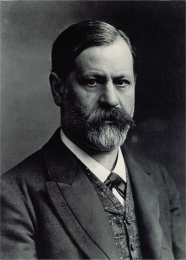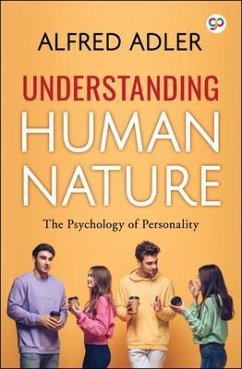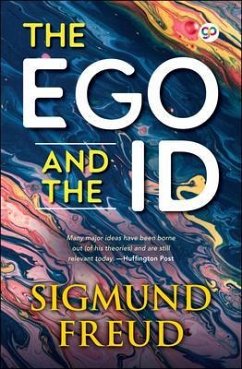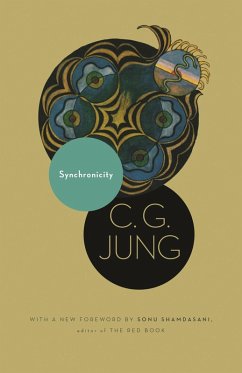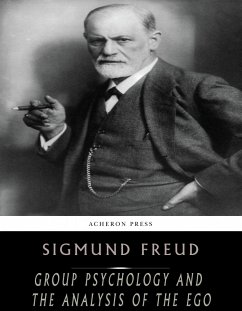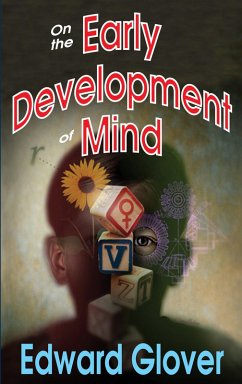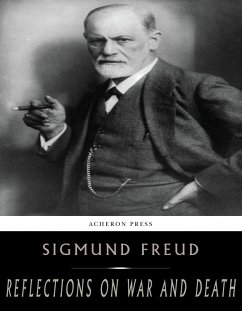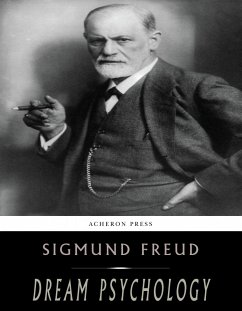
Beyond the Pleasure Principle (eBook, ePUB)
Versandkostenfrei!
Sofort per Download lieferbar
0,99 €
inkl. MwSt.
Weitere Ausgaben:

PAYBACK Punkte
0 °P sammeln!
Beyond the Pleasure Principle, published in 1920, by world-renowned psychologist Sigmund Freud, marks a major turning point in the author's theoretical approach. Prior to this work, Freud's examination of the forces that drive people focused primarily on the sexual drive, or Eros of man, the life instinct to reproduce that is innate in all humans. Freud had attributed most of human behavior to the seeking of sexual pleasure. In reasoned progression he outlined core psychoanalytic concepts, such as repression, free association and libido.One of Freud's most controversial and influential works, ...
Beyond the Pleasure Principle, published in 1920, by world-renowned psychologist Sigmund Freud, marks a major turning point in the author's theoretical approach. Prior to this work, Freud's examination of the forces that drive people focused primarily on the sexual drive, or Eros of man, the life instinct to reproduce that is innate in all humans. Freud had attributed most of human behavior to the seeking of sexual pleasure. In reasoned progression he outlined core psychoanalytic concepts, such as repression, free association and libido.
One of Freud's most controversial and influential works, 'Beyond the Pleasure Principle' remains an important and fascinating read. The concept also helped link Western psychoanalysis with Eastern perspectives on life and death making this book essential reading for students of psychology history and literature.
ABOUT THE AUTHOR:
Sigmund Freud (1856-1939) is one of the twentieth century's greatest minds and the founder of the psychoanalytic school of psychology. His many works include 'The Ego and the Id', 'An Outline of Psycho-Analysis', Civilization and Its Discontent, and others.
He was an Austrian neurologist who became known as the founding father of psychoanalysis. Freud qualified as a doctor of medicine at the University of Vienna in 1881, and then carried out research into cerebral palsy, aphasia and microscopic neuroanatomy at the Vienna General Hospital. He was appointed a university lecturer in neuropathology in 1885 and became a professor in 1902.
In creating psychoanalysis, a clinical method for treating psychopathology through dialogue between a patient and a psychoanalyst, Freud developed therapeutic techniques such as the use of free association and discovered transference, establishing its central role in the analytic process. Freud's redefinition of sexuality to include its infantile forms led him to formulate the Oedipus complex as the central tenet of psychoanalytical theory. His analysis of dreams as wish-fulfillments provided him with models for the clinical analysis of symptom formation and the mechanisms of repression as well as for elaboration of his theory of the unconscious as an agency disruptive of conscious states of mind.
One of Freud's most controversial and influential works, 'Beyond the Pleasure Principle' remains an important and fascinating read. The concept also helped link Western psychoanalysis with Eastern perspectives on life and death making this book essential reading for students of psychology history and literature.
ABOUT THE AUTHOR:
Sigmund Freud (1856-1939) is one of the twentieth century's greatest minds and the founder of the psychoanalytic school of psychology. His many works include 'The Ego and the Id', 'An Outline of Psycho-Analysis', Civilization and Its Discontent, and others.
He was an Austrian neurologist who became known as the founding father of psychoanalysis. Freud qualified as a doctor of medicine at the University of Vienna in 1881, and then carried out research into cerebral palsy, aphasia and microscopic neuroanatomy at the Vienna General Hospital. He was appointed a university lecturer in neuropathology in 1885 and became a professor in 1902.
In creating psychoanalysis, a clinical method for treating psychopathology through dialogue between a patient and a psychoanalyst, Freud developed therapeutic techniques such as the use of free association and discovered transference, establishing its central role in the analytic process. Freud's redefinition of sexuality to include its infantile forms led him to formulate the Oedipus complex as the central tenet of psychoanalytical theory. His analysis of dreams as wish-fulfillments provided him with models for the clinical analysis of symptom formation and the mechanisms of repression as well as for elaboration of his theory of the unconscious as an agency disruptive of conscious states of mind.
Dieser Download kann aus rechtlichen Gründen nur mit Rechnungsadresse in A, D ausgeliefert werden.




